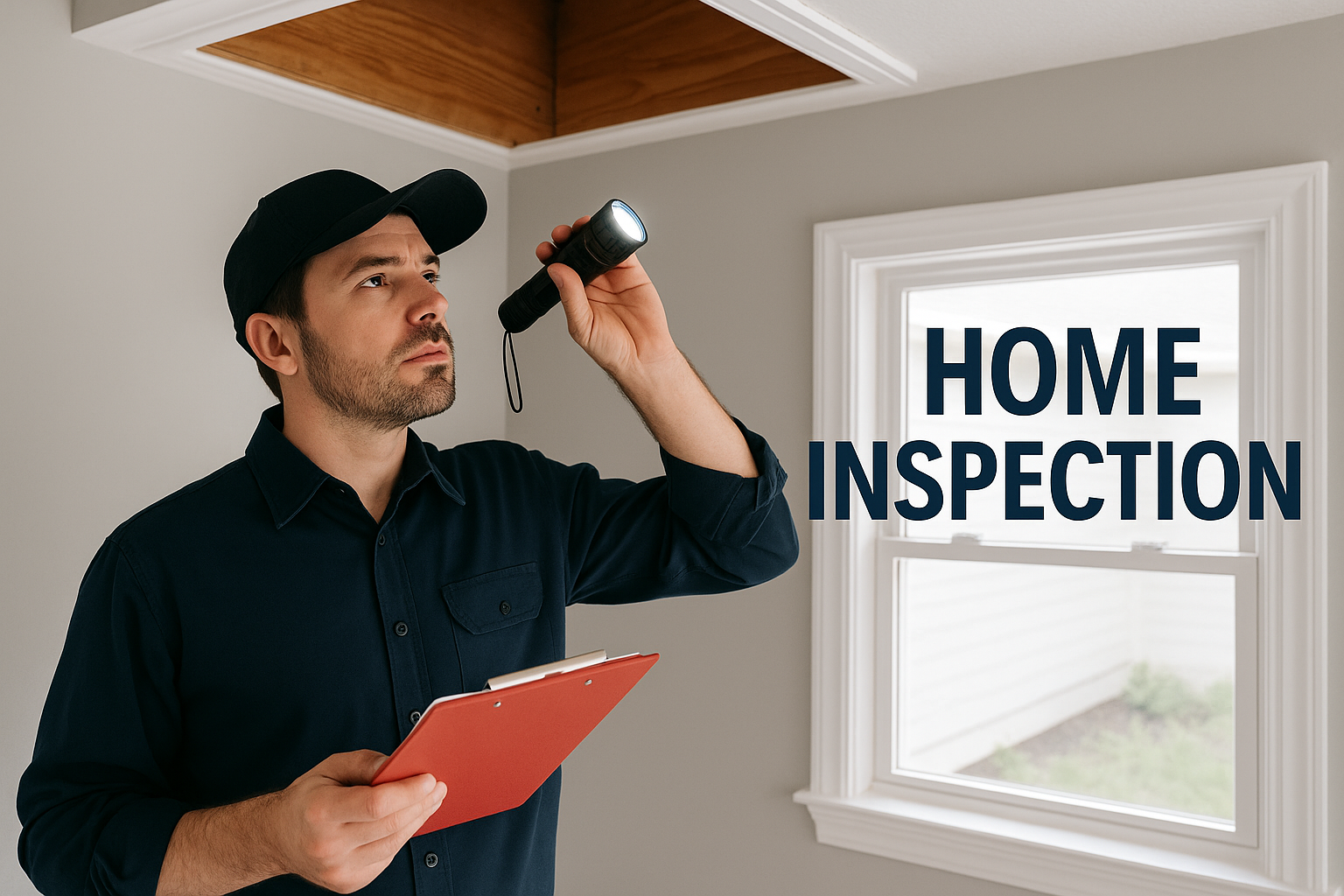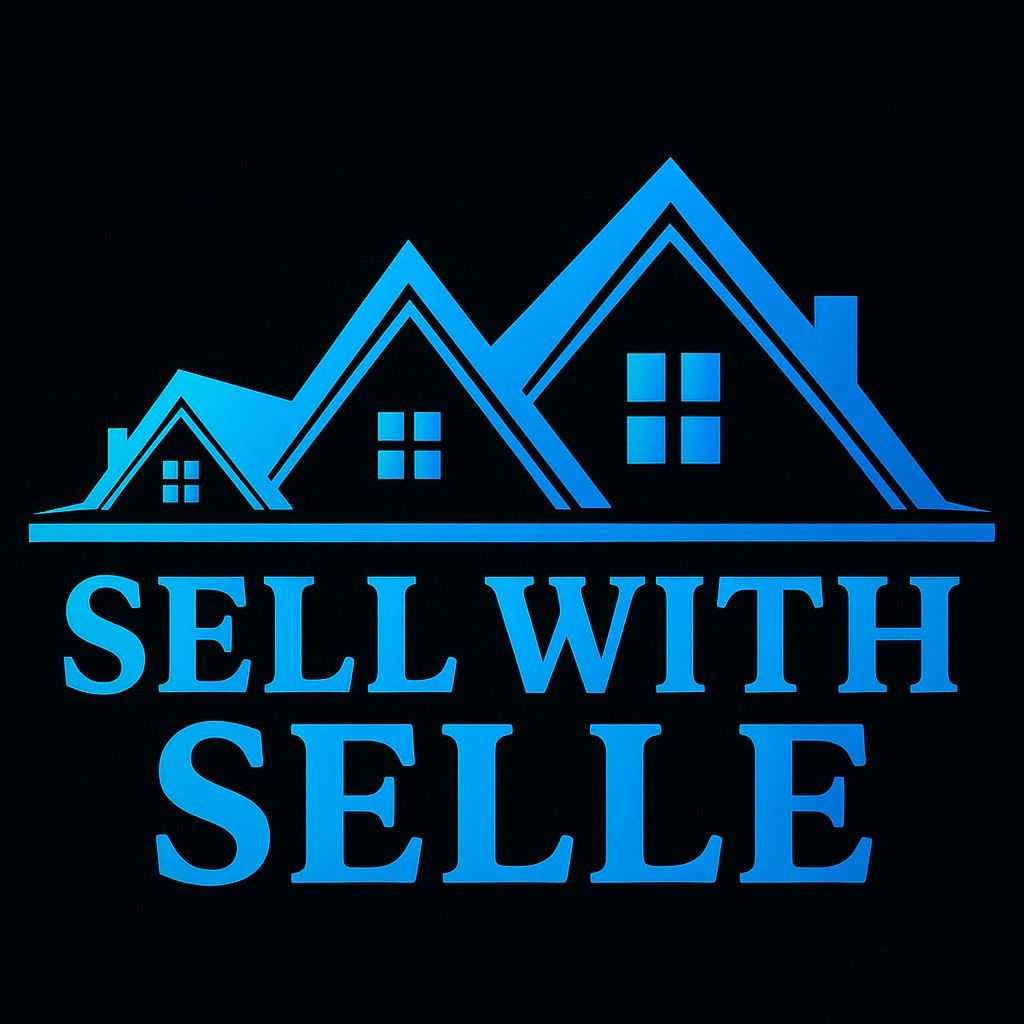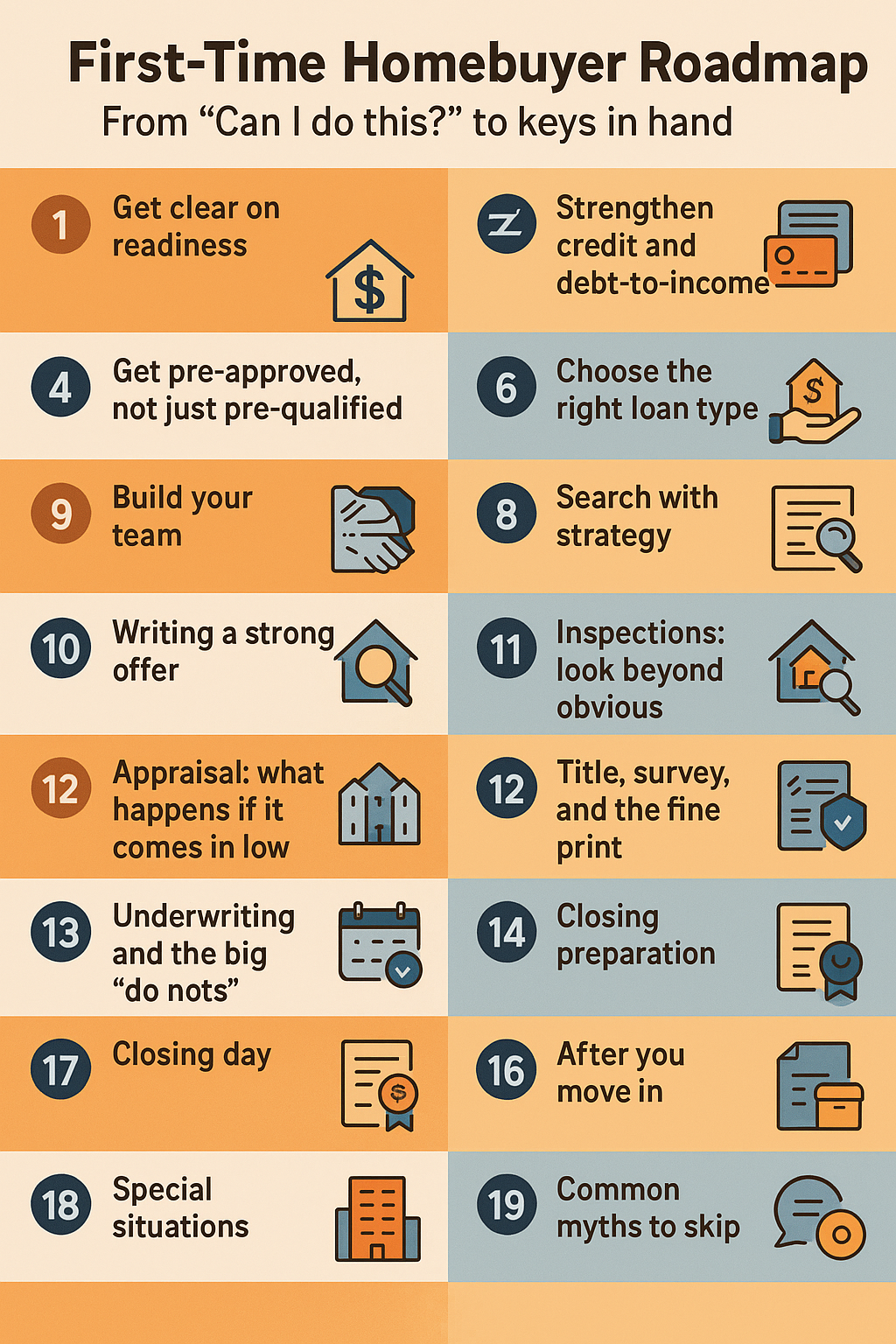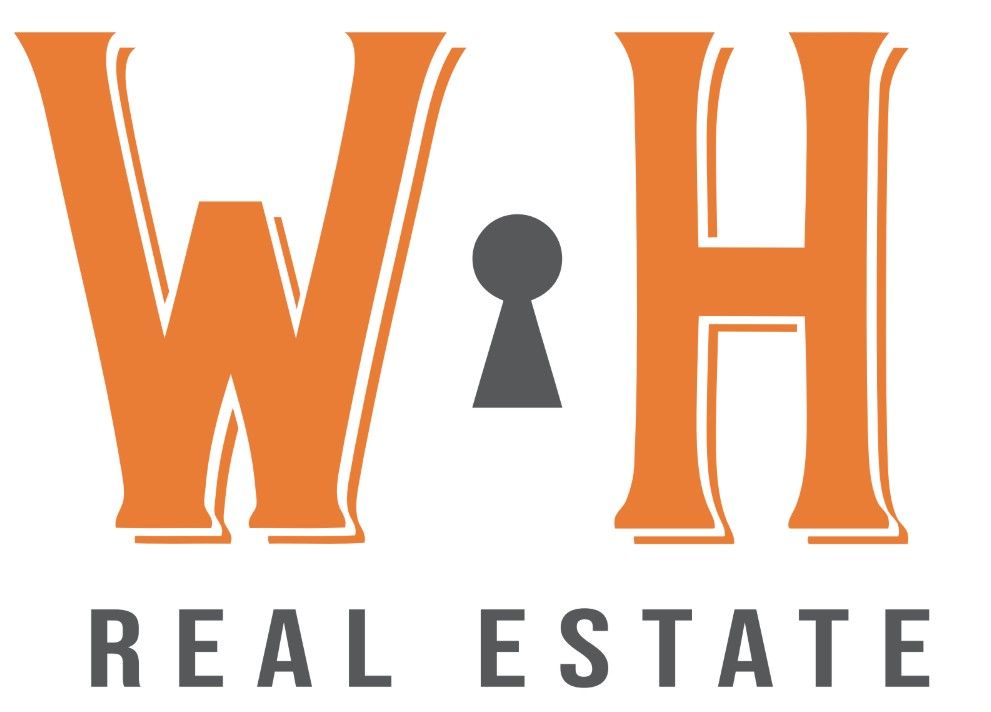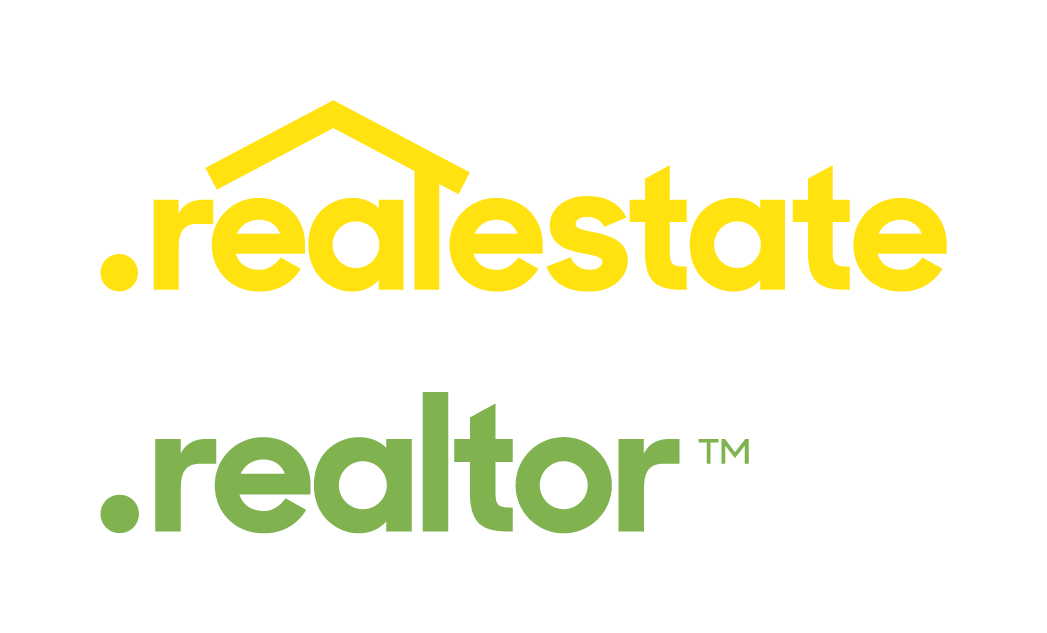Kansas City Real Estate July 2025
Kansas City Real Estate Trends: What Buyers and Sellers Need to Know in July 2025
The national real estate market in July 2025 finds itself at a pivotal juncture, with higher mortgage rates and cooling demand shaping the broader landscape. Yet, the Kansas City Metro area continues to display resilience, striking a unique balance between opportunity and stability. Let's dive deeper into what's driving the local market and explore what both buyers and sellers can expect in the coming months.
Kansas City Metro: Steady Amidst National Cooling
Nationally, mortgage rates hovering around 7% have significantly impacted homebuyer affordability, slowing sales and investor activity. However, Kansas City's real estate scene tells a slightly different story. Here, market conditions remain notably balanced, thanks to steady job growth, urban redevelopment, and stable affordability relative to coastal markets.
Prices and Inventory Trends
As of mid-2025, median home prices in the Kansas City metro area have increased modestly, showing year-over-year growth around 7%. Currently, median home values stand near $330,000 in Kansas City, Missouri, reflecting sustained demand despite national headwinds. Inventory has noticeably increased since spring, up approximately 20%, offering homebuyers more choices and better negotiating power.
In contrast to the rapid sales pace seen in previous years, homes in KC now average about 32 days on the market. This shift indicates a more deliberate market where buyers can thoroughly consider options without the urgency characteristic of a seller-dominated environment.
Investors Pulling Back, Opening Opportunities
Investor purchases have dipped considerably—by nearly 10% compared to the previous year. This retreat is reshaping neighborhoods previously dominated by institutional investors, creating valuable opportunities for first-time buyers and local residents. Areas around Downtown KC, West Bottoms, and Northland Innovation Campus have seen significant redevelopment and increased residential appeal.
Suburbs and Urban Core: Hotspots to Watch
Kansas City's suburbs continue to attract families and professionals seeking quality schools and community amenities, particularly in areas like Overland Park, Lee's Summit, and Olathe, where homes often move quickly once listed.
Meanwhile, the urban core—including significant redevelopment projects such as the Berkley Riverfront Park Revitalization and the West Bottoms redevelopment—has become increasingly attractive to younger buyers and those seeking a vibrant, walkable lifestyle. These projects are not only enhancing livability but also positively influencing local home values and desirability.
Rental Market Pressure
Simultaneously, rental rates have steadily risen, averaging around $1,300 per month for multifamily units, outpacing many other Midwestern markets. This upward trend continues to make homeownership an attractive financial alternative, especially as rental affordability becomes a growing concern.
Looking Ahead: Late 2025 and Beyond
For the remainder of 2025, expect the Kansas City market to remain stable yet competitive. Mortgage rates may see minor fluctuations but will likely remain elevated, underscoring the importance of strategic buying decisions. Sellers should anticipate slightly longer marketing periods and prepare homes meticulously to stand out amid increased inventory.
Final Thoughts
Kansas City’s real estate market in July 2025 offers a unique blend of opportunity and caution. Buyers benefit from a market with increased options and less intense competition, while sellers must adjust strategies to attract discerning buyers. As the metro continues its evolution, anchored by significant redevelopment projects and strong suburban appeal, Kansas City remains a dynamic place for real estate investment and homeownership.
